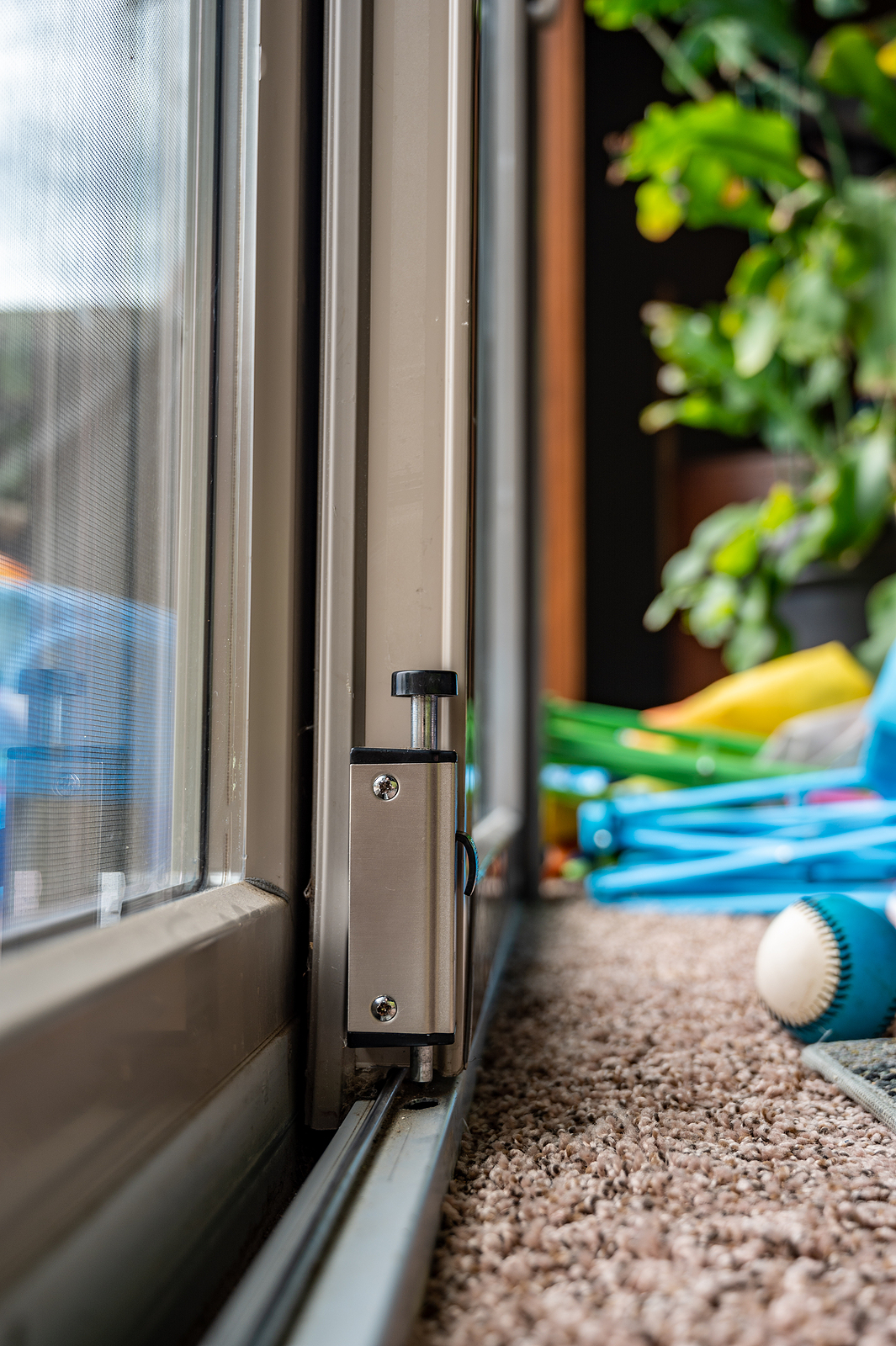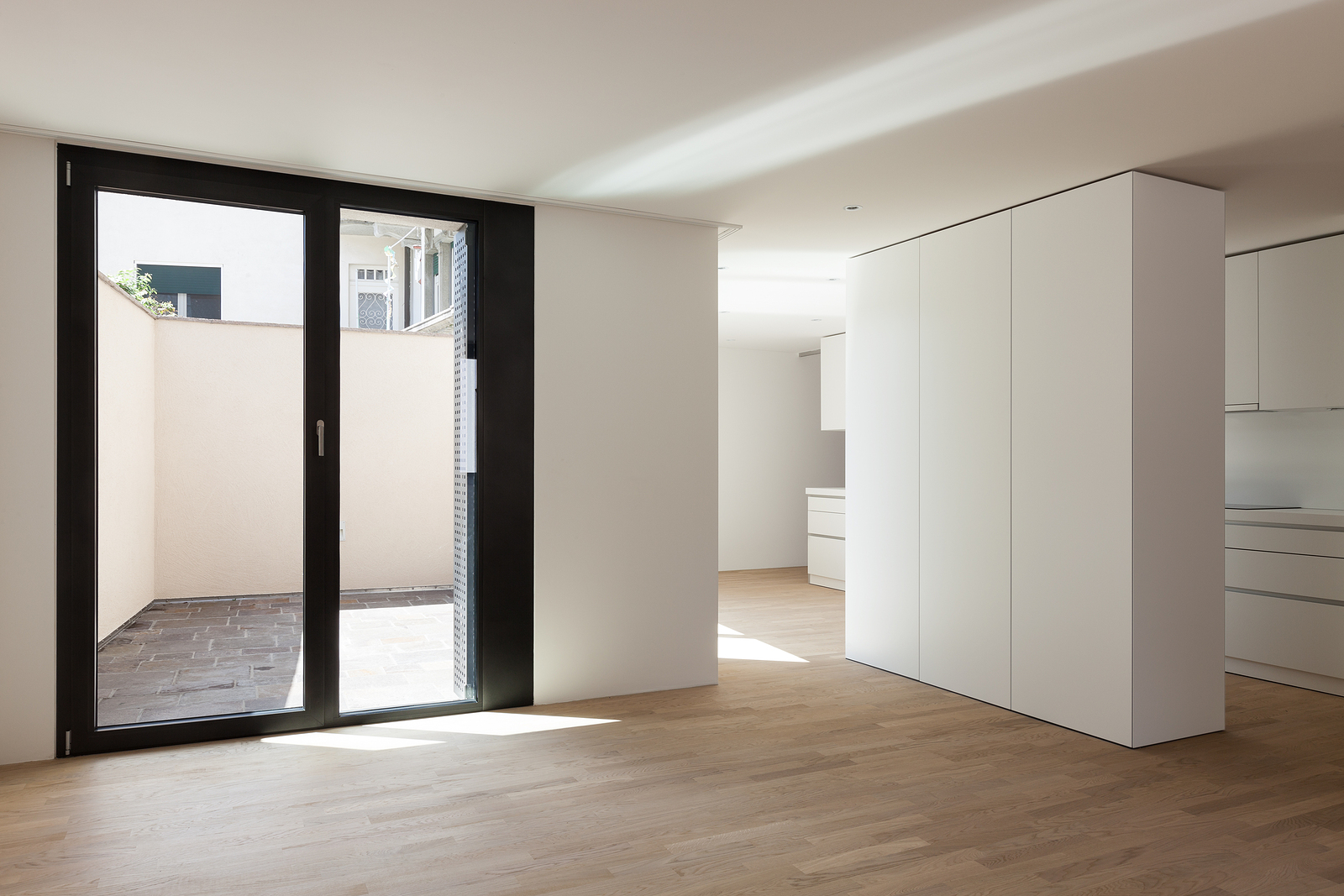Sliding doors have been around longer than most of us think. In fact, archaeologists say that they were somewhat common in “… Roman houses as early as the first century CE,” according to Martin Whitmore, President of US Window and Door.
In those days, however, the doors hung from the ceiling, so they “… were able to move freely …,” Whitmore concludes.
Fast-forward to post-World War II, glass sliding doors became “the most popular type of door in the world,” according to Whitmore.
Americans have a love-hate relationship with these sliding doors. Many homeowners claim that they aren’t attractive, like French doors. Others dislike dealing with the common problems of these doors, such as a lack of security and the multiple malfunctions they have faced over the years.
The fact is, however, millions of homes offer this feature.
The most common malfunction is when the door no longer slides as well as it once did. Fighting with it just to get it closed is beyond frustrating.
The good news is that you don’t always need to call a professional to fix the problem. Let’s explore some simple do-it-yourself (DIY) solutions to help you quickly get your sliding door back on track.
1. Clean the tracks
One of the most common reasons for a sliding door sticking is dirt, dust, and debris accumulating in the tracks. To resolve this issue, start by thoroughly cleaning the tracks.

Begin by removing any loose debris using a vacuum cleaner or a brush. Next, mix a mild detergent with warm water to wipe down the tracks. Scrub gently with a soft or old toothbrush to remove any stubborn grime.
Finally, rinse the tracks with clean water and wipe them dry. This simple cleaning routine can work wonders in restoring smooth operation to your sliding door.
2. Lubricate the tracks
Lubrication might be the key if your sliding door is still sticking after cleaning. Applying lubricant to the tracks can significantly reduce friction and improve the door’s sliding action.
Begin by selecting a silicone-based or Teflon-based lubricant specifically designed for door tracks. “Although they may feel slippery when they’re first applied, grease and oil-based lubricants eventually become sticky and will attract dirt that clogs your sliding glass door tracks,” cautions the pros at GlassDoctor.com.
If you’re unsure when purchasing a product, check the ingredient label. “If you see ‘petroleum’ listed, don’t use it—the lubricant has an oily base,” the Glass Doctor pros conclude.
Apply a small amount of the lubricant to a clean cloth and wipe it along the entire length of the tracks. Make sure to cover both the top and bottom tracks. Move the door back and forth a few times to distribute the lubricant evenly. This simple step can often make a noticeable difference in how smoothly your sliding door operates.
3. Adjust the rollers
Another common cause of a sticking sliding door is misaligned or worn-out rollers. The rollers are located at the bottom of the door and help it glide along the tracks.
To adjust the rollers, locate the adjustment screws on the bottom edge of the door. Using a screwdriver, turn the screws clockwise to raise the door and counterclockwise to lower it. Make small adjustments and test the door’s movement after each turn.
If the rollers are worn or damaged, they may need to be replaced. Consult the manufacturer’s instructions or seek professional assistance to ensure proper replacement.

4. Check the door alignment
Sometimes, a sliding door can stick due to misalignment. Check if the door is properly aligned within the frame. Inspect the top and bottom edges of the door to see if there are any noticeable gaps. If the door is misaligned, you may need to adjust the frame.
Loosen the screws holding the frame in place and gently tap the frame using a rubber mallet until the door aligns correctly. Tighten the screws once the alignment is satisfactory. Remember to make small adjustments and test the door’s movement after each step to ensure proper alignment.
A sticking sliding door can be frustrating, but with a few DIY solutions, you can restore its smooth gliding action without needing professional help. By following these simple steps, you can save time and money and enjoy the convenience of a sliding door that operates effortlessly.

